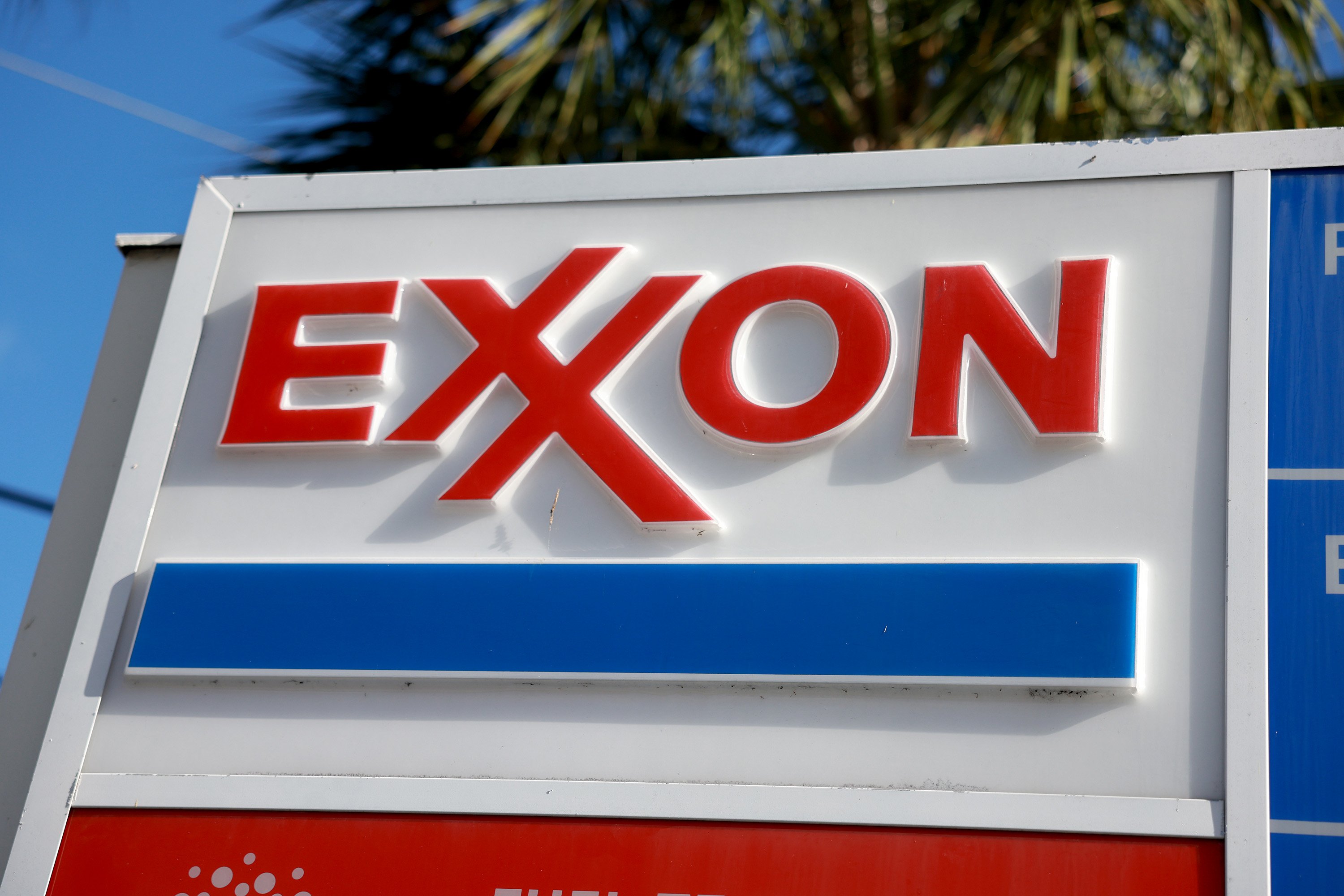ExxonMobil's (XOM +0.10%) management team treats conference calls just like Bill Belichick does a press conference following the end of a game. Trying to get executives' opinion about where the oil market is heading or what they plan to do now that oil is cheap is like trying to get blood from a stone. But just because ExxonMobil management is tight-lipped does not mean these calls do not offer valuable nuggets of information. Here are four things from Exxonmobil's most recent conference call that management thinks anyone who invests the company should know.
We can't be bothered with predicting oil prices...
Many of us try to invest in oil and gas companies based on crude oil prices and where they are headed. But this approach can be extremely shortsighted when looking at a company such as ExxonMobil that needs to make decisions about exploration and production that might take years -- decades even -- to develop. To do this, according to Vice President of Investor Relations Jeff Woodbury, the company can't use oil prices as its measuring stick:
[A]s I've said previously, that demand assessment that we do on an annual basis really underpins our business strategies and our investment plans. So as we look forward, we see oil demand growing at about 0.8% per year. That's underpinned by transportation and chemical needs. In the gas sector, we see gas demand growing by about 1.5% to 1.6% per year and that's primarily underpinned by power generation and industrial demands. Now overall, demand growth is largely underpinned by the non-OECD growth, so when you think about our business, the scope of our business and how we lay out our business strategies and our investment plans, they really are focused on the long-term expectation around energy demand.
Rather than getting caught up in trying to predict where oil prices will head over the next couple years, ExxonMobil instead looks at global demand over long time horizons and makes its investment decisions accordingly. If you plan on investing in a company such as ExxonMobil, then you should consider that time horizon as well.
... but we have to be ready for oil to be really cheap
ExxonMobil produces more than 2 million barrels per day of oil, but that is chump change compared to the 90 million barrels or more produced daily on a worldwide basis. Since oil supply is so segmented -- largest producer Saudi Aramco only has a 10% market share --Woodbury said the company must prepare for oil prices to do anything at any moment.
First, regardless of where we are in our business cycle, this organization has a very strong culture of driving down our cost structure. Whether it be self-help in our operating costs or capital efficiency in our project execution, we expect to lead the cost curve in capturing savings, especially in downturns like we're experiencing today.
Second, we challenge all of our investments to ensure that we are creating long-term shareholder value through the cycle and remember that we are price takers. We don't assume price growth in the future, but we really focus on those things that we can control like costs, liability, and of course, our project execution.
This "hope for the best, prepare for the worst" method to capital allocation has been a large reason why ExxonMobil has produced the best returns on capital employed among its peers for the past several years.
Keep the ship steady
It can be tempting for a company that produces a commodity to shift its capital spending to accommodate for lower prices in that commodity. Such moves can boost profitability in the short run, but can have a major impact years down the road since the first projects to be cut are those in their nascent stages. According to Woodbury, though, ExxonMobil does its best to avoid falling in that trap; instead, it tries to maintain spending through down markets in order to thrive further down the road.
The thing that I would really point out that distinguishes us is that, as we've said many times, is that we can invest through the business cycle and it present some opportunities that will be able to lower that cost structure and improve our overall longer term returns, given the financial capability that we have.
As long as ExxonMobil can maintain capital discipline through times of feast and famine, it should capture market rebounds much better than many of its peers.
When there's blood in the water
One clear advantage ExxonMobil has over many of its competitors is a superb balance sheet. This gives the company the flexibility to take advantage of downward swings in the commodity cycle by making strategic acquisitions. This is one of those times, and Woodbury hinted the company is looking for those opportunities:
We'll continue to be disciplined in our investment approach throughout the cycle, but we won't forgo any attractive opportunities. We have a significant debt capacity, but we will maintain our financial flexibility, and we'll assess the cash and our funding options under a range of outcomes and take a balanced approach to meet those obligations.
With a AAA credit rating and a debt-to-capital ratio of less than 9%, ExxonMobil has an immense amount of financial flexibility to seek out opportunities to grow reserves and production. This could prove incredibly useful if oil prices remain low and some companies with great assets but shaky balance sheets come with hat in hand.
What a Fool believes
If any company out there is ready to handle a long downturn in the price of oil, it's ExxonMobil. The oil giant's global footprint with assets in every aspect of the oil and gas game, as well as a balance sheet more secure than the Cheyenne Mountain nuclear bunker, makes it a great investment for those looking to build long-term wealth -- even if management doesn't come out and say so explicitly.






